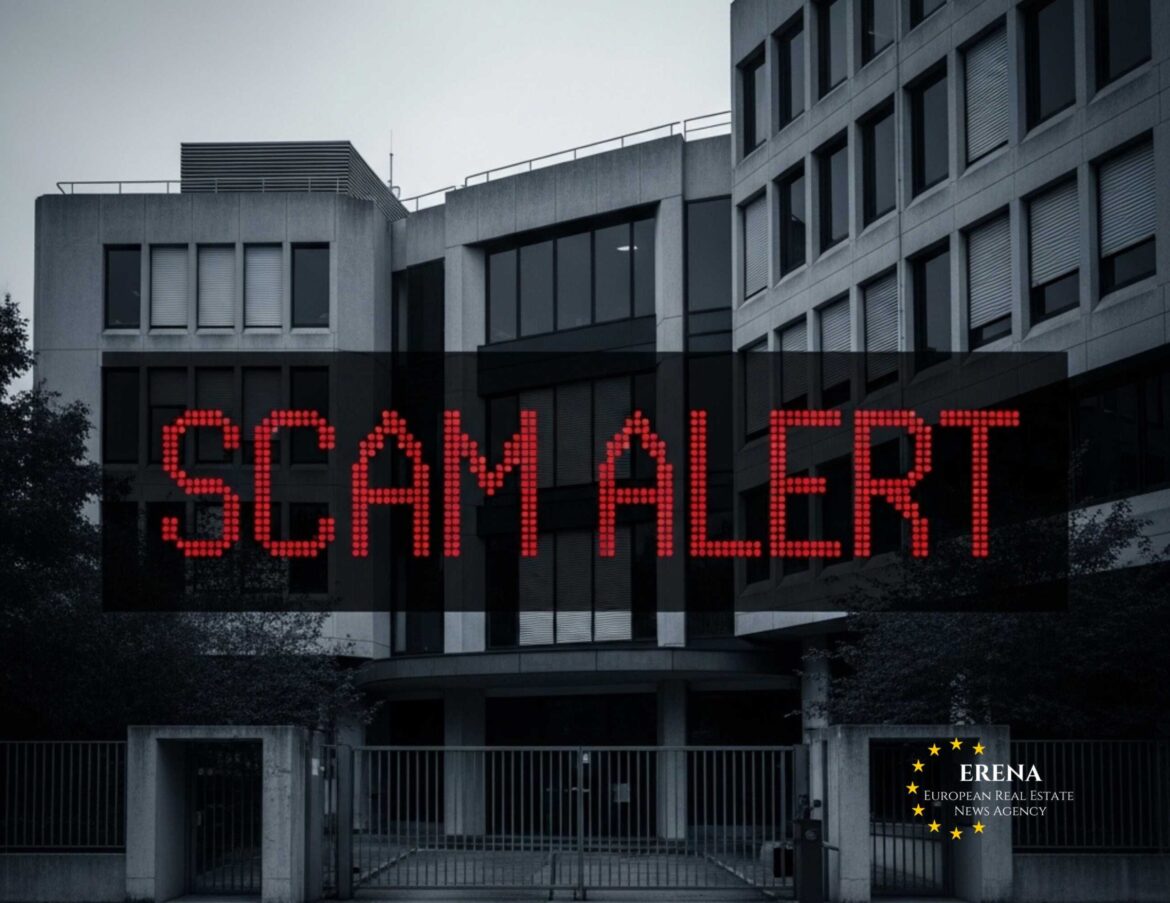A major real estate scandal has rocked Mumbai as the promoters of the prominent developer Radius Sumer were detained by authorities. Law enforcement agencies and financial crime investigators uncovered a large-scale fraud operation allegedly orchestrated by senior executives of the company. The scam, which involved selling units in luxury residential developments that were either incomplete or never built, has affected hundreds of homebuyers and investors.
The estimated financial damage exceeds €200 million, and the incident has triggered widespread outrage among citizens, investors, and regulatory bodies.
The Core of the Fraud
Radius Sumer positioned itself as a trustworthy builder of high-end residential properties in premium areas of Mumbai such as Bandra, Chembur, and Andheri. The company marketed luxury apartments with promises of timely delivery, high construction standards, and attractive amenities.
However, investigations revealed that many of the advertised projects were never completed—and some never even broke ground. Instead of using funds for construction, buyer payments were diverted to shell companies, used to refinance existing debts, or redirected to the personal assets of those behind the scheme.
Authorities stated that the company consistently misrepresented construction progress through fabricated updates, fake regulatory approvals, and a network of brokers who lured buyers with deceptive claims.
Growing Complaints and Public Uproar
The first signs of trouble emerged in 2022 when a number of buyers began complaining about construction delays. Radius Sumer responded with vague explanations, citing “logistical issues” and “pending permits.” But it soon became evident that the promised developments lacked basic legal and financial foundations.
Thousands of middle-class families who had invested their life savings into Radius Sumer’s properties were left without homes—and in many cases, burdened with mortgage repayments for properties that didn’t exist.
Social media exploded with anger as affected buyers organized protests at stalled project sites. Calls for government intervention and criminal prosecution intensified as more victims came forward.
Timeline of the Exposure
The investigation began after a formal complaint was filed with the Maharashtra Real Estate Regulatory Authority (MahaRERA). The case was then handed over to the Economic Offences Wing, which uncovered major discrepancies between the company’s financial records and actual on-ground development.
Authorities discovered that Radius Sumer had falsified permits and environmental clearances, including safety and fire compliance certificates.
In many cases, the same apartment unit was “sold” to multiple buyers through forged contracts, creating a Ponzi-style cycle of payments and deferrals. These tactics allowed the developers to conceal financial gaps and continue attracting new buyers for years.
Arrests and Asset Seizures
In May 2025, several high-ranking individuals—including the company’s founder and its chief financial officer—were detained by financial investigators. Police also arrested intermediaries, legal advisors, and construction partners who were allegedly involved in laundering illicit funds.
As part of the ongoing investigation, authorities froze multiple bank accounts and seized assets estimated at around ₹1.8 billion (approximately €20 million). This included luxury vehicles, undeclared land parcels, and commercial properties across Mumbai and Pune.
One co-founder, who allegedly fled India in 2023 and is believed to be in Dubai, may face extradition proceedings in the coming months.
Regulatory and Market Impact
The Radius Sumer scandal has severely shaken public confidence in Mumbai’s residential real estate sector. Already facing pressure from rising interest rates and inflation, the market now faces an added layer of legal and reputational risk.
In response, MahaRERA has announced plans to tighten licensing procedures for developers and implement mandatory buyer deposit insurance. Proposals for an electronic escrow tracking system to monitor construction-related funds are also under review.
Banks and mortgage lenders have started revising their project financing protocols, demanding full regulatory clearance before approving early-stage funding.
Expert Commentary
Real estate analysts point to a combination of weak institutional oversight and limited consumer awareness as key factors enabling the fraud. Legal experts emphasize that many buyers sign preliminary agreements without consulting independent advisors, making them vulnerable to exploitation.
Anti-fraud specialists have called for the establishment of a dedicated real estate ombudsman to protect investor rights and ensure greater transparency. They also recommend mandatory escrow accounts for all residential projects, with government oversight to prevent fund misappropriation.
Hope for Victims
Many affected buyers are now hoping to recover at least part of their investment through court-ordered asset seizures. However, experts warn that legal proceedings could take years, and full compensation may not be guaranteed.
The Maharashtra state government has hinted at plans to create a compensation fund for victims of real estate fraud, but details remain unclear. In the meantime, civil society groups are providing legal support and advocacy for those affected.
Conclusion
The Radius Sumer case stands as a stark reminder of what can happen when oversight fails, and developers exploit regulatory loopholes for personal gain. The arrest of the promoters is a step toward justice—but systemic reform is needed to restore trust in India’s real estate market.
Stronger transparency standards, digital financial tracking, mandatory escrow protections, and independent legal advice must become the new baseline. Without these changes, the industry will remain vulnerable to future abuses—and honest buyers will continue to bear the cost.

